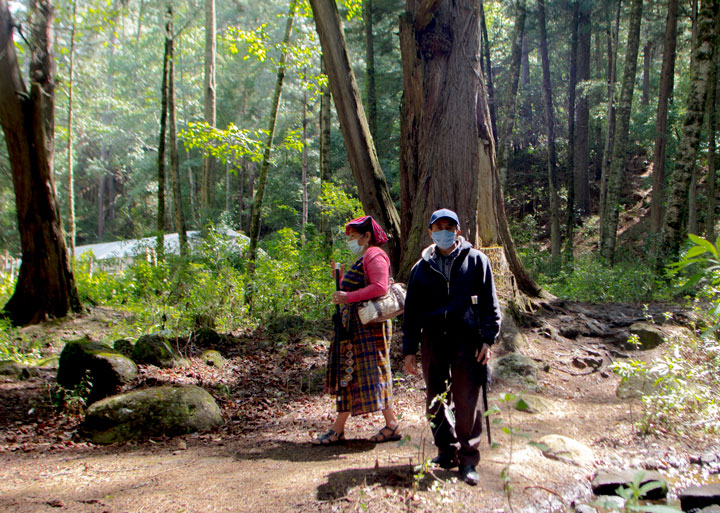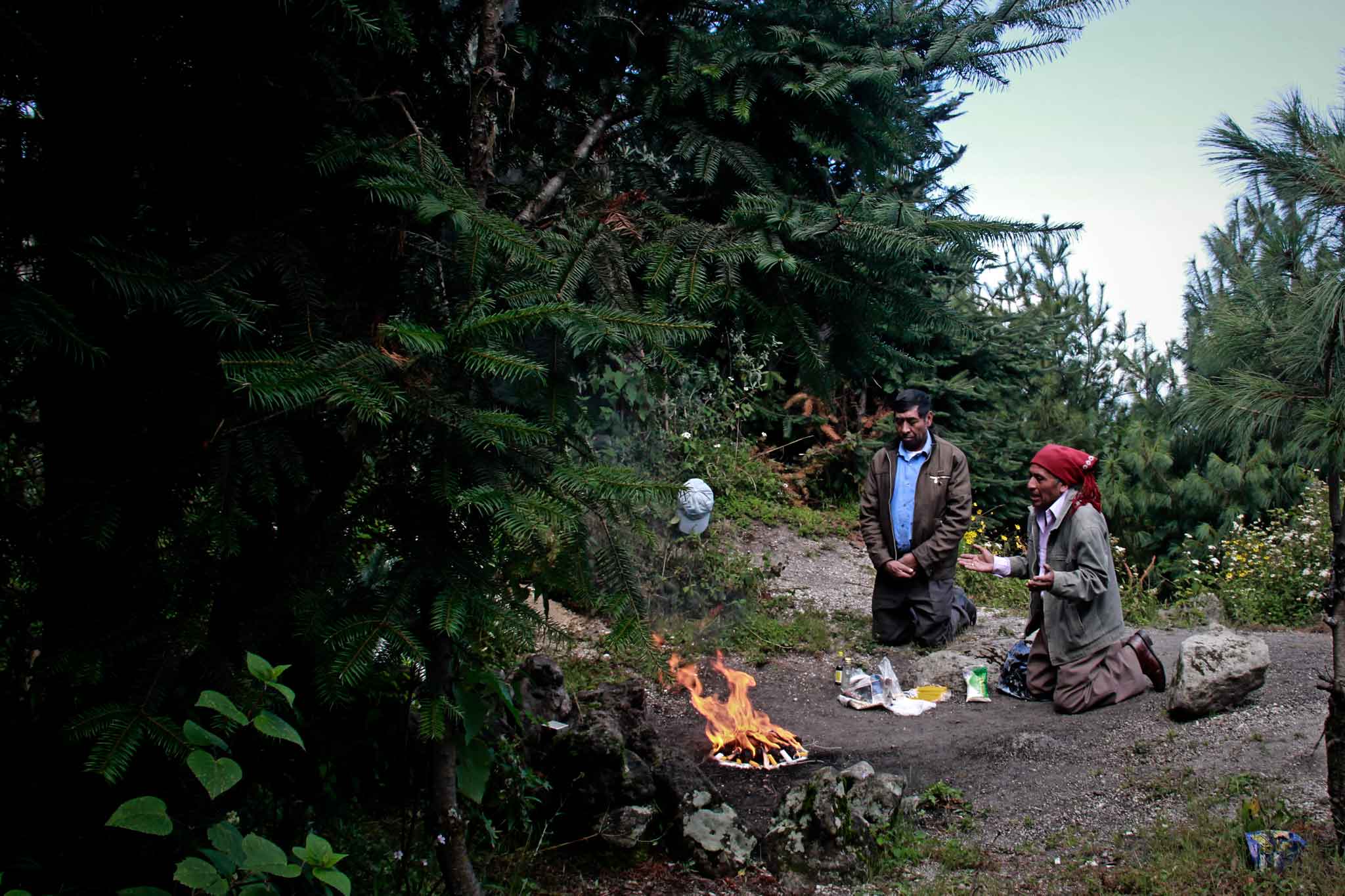91% of ecosystems that have indigenous peoples as guardians are ecologically functional and flourish with health
Indigenous people, as guardians of biodiversity, are the most responsible in the management of natural resources, according to a study carried out by the World Wide Fund for Nature (WWF), since they do so from sustainable practices, both for the terrestrial biological diversity, as well as for their development as communities. For this reason, the United Nations (UN) declared 2021 as the starting year for the Decade of Restoration: a joint international effort to restore the planet’s ecosystems.
Research carried out by WWF yielded extremely revealing data regarding the relationship that indigenous populations have with their natural environment and the life that inhabits it. This document affirms that 91% of the ecosystems that are protected by indigenous populations are in good or moderate ecological conditions, this despite the constant pressure they suffer in different parts of the planet.
Most of the treaties and proposals led by countries and international organizations do not take indigenous peoples into account, which has not prevented them from meeting many of the objectives of sustainability and conservation of the planet’s biodiversity. As highlighted by NatGeo, “the global biodiversity goals will be unattainable without the full inclusion of indigenous and local communities.” This statement, promoted by WWF in its study, adds that indigenous peoples must have policies that respect their rights, their forms of organization and government, as well as their protectionist and sustainable vision of their territories.
Ancient practices against deforestation

Mandatory community service is a practice that some Mayan groups in Guatemala perform to protect their natural resources. Photo: Jorge Rodríguez / Viatori
The participation of the peoples in the protection of forests and natural areas has been key in the fight against climate change and other consequences of environmental degradation. According to the Food and Agriculture Organization of the United Nations (FAO), “deforestation rates are significantly lower in indigenous and tribal territories where governments have formally recognized collective rights to land.”
We have an example of this nearby, in Guatemala, where different Mayan groups are devoted to their ancestral traditions to protect their natural resources, without this representing any economic gain for people. This civil service, if you want to call it in some way, must be presented by all the inhabitants of the community, since each one of them benefits from what nature provides.
“For this reason, the health of the ecosystems in charge of the local communities has not seen such a radical degradation as those that have been destined for tourism and other human activities. To a large extent, this is due to the ancestral wisdom and spiritual bond that the villagers have with the land, ”said National Geographic journalist Andrea Fischer.
In its report, WWF concludes that the participation of indigenous peoples must be categorical, since without it, the planet’s ecological balance runs risks from which it could not recover, particularly in terms of human subsistence.
